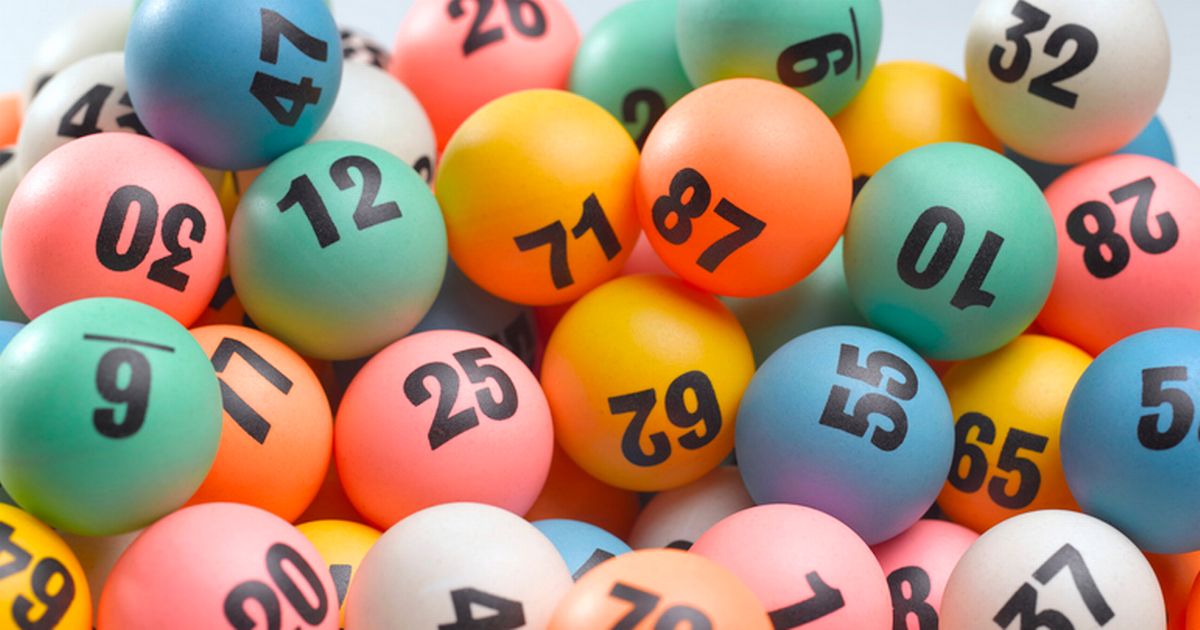How to Win the Lottery

Lotteries are a form of gambling in which a prize is awarded to a winner based on the number of numbers drawn or selected. The winner usually chooses whether to take the prize in a lump sum or in installments over a period of time.
There are several types of lottery games toto sgp, with each having its own odds of winning. Some have larger prizes than others and some have smaller ones. The best way to determine which type of lottery you should play is to check the odds before purchasing a ticket.
Picking your numbers carefully can increase your odds of winning. For example, try to choose numbers that are not too close together. In addition, keep in mind that a quick-pick game generates a different set of numbers each time you choose them. This reduces your chances of hitting a large prize.
Avoid choosing numbers that are important to you, such as your birthday or the anniversary of a family member’s birth. It is also a good idea to stick with your gut instinct when picking numbers and not to change your selections often.
If you are a first-timer, the best way to approach the lottery is to start small and work your way up to bigger prizes. This can help you get used to the game and feel comfortable with the process before committing to an expensive investment.
In the United States, the most popular form of lottery is the state-run Powerball, which has an annual turnover of more than $150 billion. The lottery system is regulated by the federal government, and all Americans can participate in it.
The lottery has long been used to finance private and public projects. In the 18th century, lotteries helped pay for roads, libraries, churches, colleges, canals, bridges and other public works. In the 19th century, lotteries were also used to raise money for wars and other military actions.
As a result, the number of lotteries in the United States rose dramatically. By 1776, there were more than 200 in operation. In the 18th century, these lotteries were a significant source of financing for universities such as Harvard and Columbia.
Many people who win the lottery wind up becoming compulsive gamblers, putting too much money at risk and losing control of their spending habits. If this sounds familiar, consider getting the support of a counselor to help you deal with your gambling addiction and other problems.
A third requirement for any lottery is a mechanism for collecting and pooling the money placed as stakes. This can be done by a hierarchy of sales agents who pass the money paid for the tickets up through the organization until it is “banked.” The pool of funds may be used to provide prizes to winners or as revenue and profit to the lottery organization, or both.
The pool is returned to the bettors as a percentage of the amount wagered. The amount of the return is a function of the frequency and size of the prizes as well as of the cost of drawing, promoting, and administering the lottery. In most cases, the pool is kept to between 40 and 60 percent.
